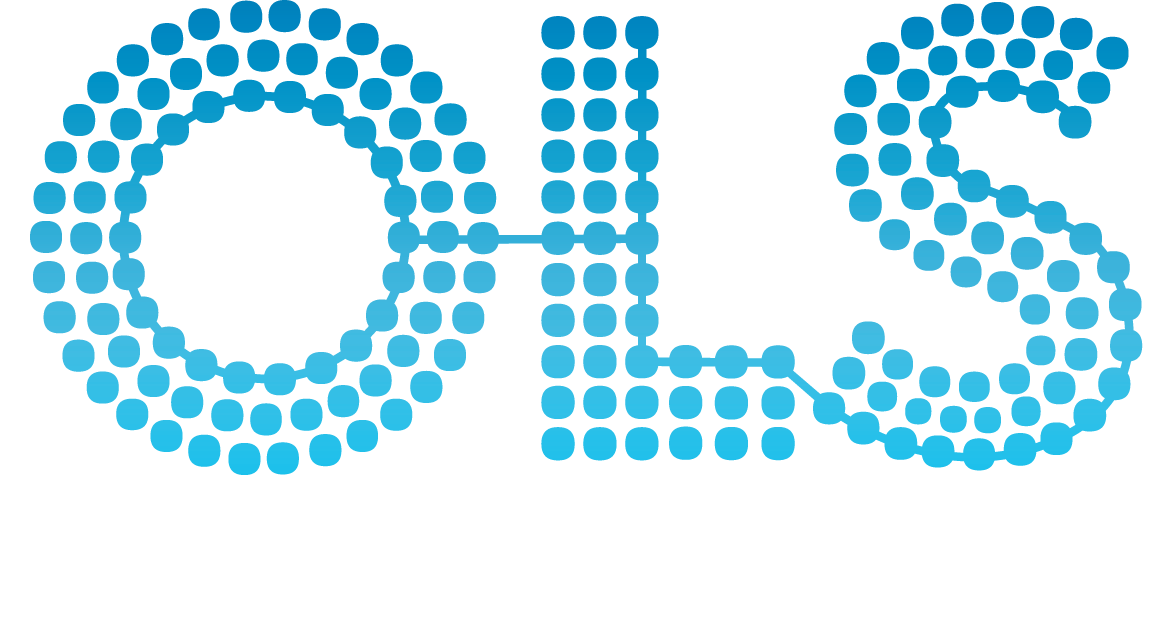|
Antibodies, Blocking
|
D019138 |
[Antibodies that inhibit the reaction between ANTIGEN and other antibodies or sensitized T-LYMPHOCYTES (e.g., antibodies of the IMMUNOGLOBULIN G class that compete with IGE antibodies for antigen, thereby blocking an allergic response). Blocking antibodies that bind tumors and prevent destruction of tumor cells by CYTOTOXIC T-LYMPHOCYTES have also been called enhancing antibodies. (Rosen et al., Dictionary of Immunology, 1989)
] |
|
Antibodies, Catalytic
|
D017151 |
[Antibodies that can catalyze a wide variety of chemical reactions. They are characterized by high substrate specificity and share many mechanistic features with enzymes.
] |
|
Antibodies, Fungal
|
D000908 |
[Immunoglobulins produced in a response to FUNGAL ANTIGENS.
] |
|
Antibodies, Helminth
|
D000909 |
[Immunoglobulins produced in a response to HELMINTH ANTIGENS.
] |
|
Antibodies, Heterophile
|
D000910 |
[Antibodies elicited in a different species from which the antigen originated. These antibodies are directed against a wide variety of interspecies-specific antigens, the best known of which are Forssman, Hanganutziu-Deicher (H-D), and Paul-Bunnell (P-B). Incidence of antibodies to these antigens--i.e., the phenomenon of heterophile antibody response--is useful in the serodiagnosis, pathogenesis, and prognosis of infection and latent infectious states as well as in cancer classification.
] |
|
Antibodies, Immobilized
|
D055910 |
[Antibodies that are chemically bound to a substrate material which renders their location fixed.
] |
|
Antibodies, Monoclonal
|
D000911 |
[Antibodies produced by a single clone of cells.
] |
|
Antibodies, Monoclonal, Humanized
|
D061067 |
[Antibodies from non-human species whose protein sequences have been modified to make them nearly identical with human antibodies. If the constant region and part of the variable region are replaced, they are called humanized. If only the constant region is modified they are called chimeric. INN names for humanized antibodies end in -zumab.
] |
|
Antibodies, Monoclonal, Murine-Derived
|
D058846 |
[Antibodies obtained from a single clone of cells grown in mice or rats.
] |
|
Antibodies, Neoplasm
|
D000912 |
[Immunoglobulins induced by antigens specific for tumors other than the normally occurring HISTOCOMPATIBILITY ANTIGENS.
] |
|
Antibodies, Neutralizing
|
D057134 |
[Antibodies that reduce or abolish some biological activity of a soluble antigen or infectious agent, usually a virus.
] |
|
Antibodies, Phospho-Specific
|
D045163 |
[Antibodies directed against immunogen-coupled phosphorylated PEPTIDES corresponding to amino acids surrounding the PHOSPHORYLATION site. They are used to study proteins involved in SIGNAL TRANSDUCTION pathways. (From Methods Mol Biol 2000; 99:177-89)
] |
|
Antibodies, Protozoan
|
D000913 |
[Immunoglobulins produced in a response to PROTOZOAN ANTIGENS.
] |
|
Antibodies, Viral
|
D000914 |
[Immunoglobulins produced in response to VIRAL ANTIGENS.
] |
|
Antibody Affinity
|
D000915 |
[A measure of the binding strength between antibody and a simple hapten or antigen determinant. It depends on the closeness of stereochemical fit between antibody combining sites and antigen determinants, on the size of the area of contact between them, and on the distribution of charged and hydrophobic groups. It includes the concept of "avidity," which refers to the strength of the antigen-antibody bond after formation of reversible complexes.
] |
|
Antibody Diversity
|
D000916 |
[The phenomenon of immense variability characteristic of ANTIBODIES. It enables the IMMUNE SYSTEM to react specifically against the essentially unlimited kinds of ANTIGENS it encounters. Antibody diversity is accounted for by three main theories: (1) the Germ Line Theory, which holds that each antibody-producing cell has genes coding for all possible antibody specificities, but expresses only the one stimulated by antigen; (2) the Somatic Mutation Theory, which holds that antibody-producing cells contain only a few genes, which produce antibody diversity by mutation; and (3) the Gene Rearrangement Theory, which holds that antibody diversity is generated by the rearrangement of IMMUNOGLOBULIN VARIABLE REGION gene segments during the differentiation of the ANTIBODY-PRODUCING CELLS.
] |
|
Antibody Formation
|
D000917 |
[The production of ANTIBODIES by proliferating and differentiated B-LYMPHOCYTES under stimulation by ANTIGENS.
] |
|
Antibody Specificity
|
D000918 |
[The property of antibodies which enables them to react with some ANTIGENIC DETERMINANTS and not with others. Specificity is dependent on chemical composition, physical forces, and molecular structure at the binding site.
] |
|
Antibody-Coated Bacteria Test, Urinary
|
D000919 |
[Fluorescent antibody technique for visualizing antibody-bacteria complexes in urine. The presence or absence of antibody-coated bacteria in urine correlates with localization of urinary tract infection in the kidney or bladder, respectively.
] |
|
Antibody-Dependent Cell Cytotoxicity
|
D000920 |
[The phenomenon of antibody-mediated target cell destruction by non-sensitized effector cells. The identity of the target cell varies, but it must possess surface IMMUNOGLOBULIN G whose Fc portion is intact. The effector cell is a "killer" cell possessing Fc receptors. It may be a lymphocyte lacking conventional B- or T-cell markers, or a monocyte, macrophage, or polynuclear leukocyte, depending on the identity of the target cell. The reaction is complement-independent.
] |
